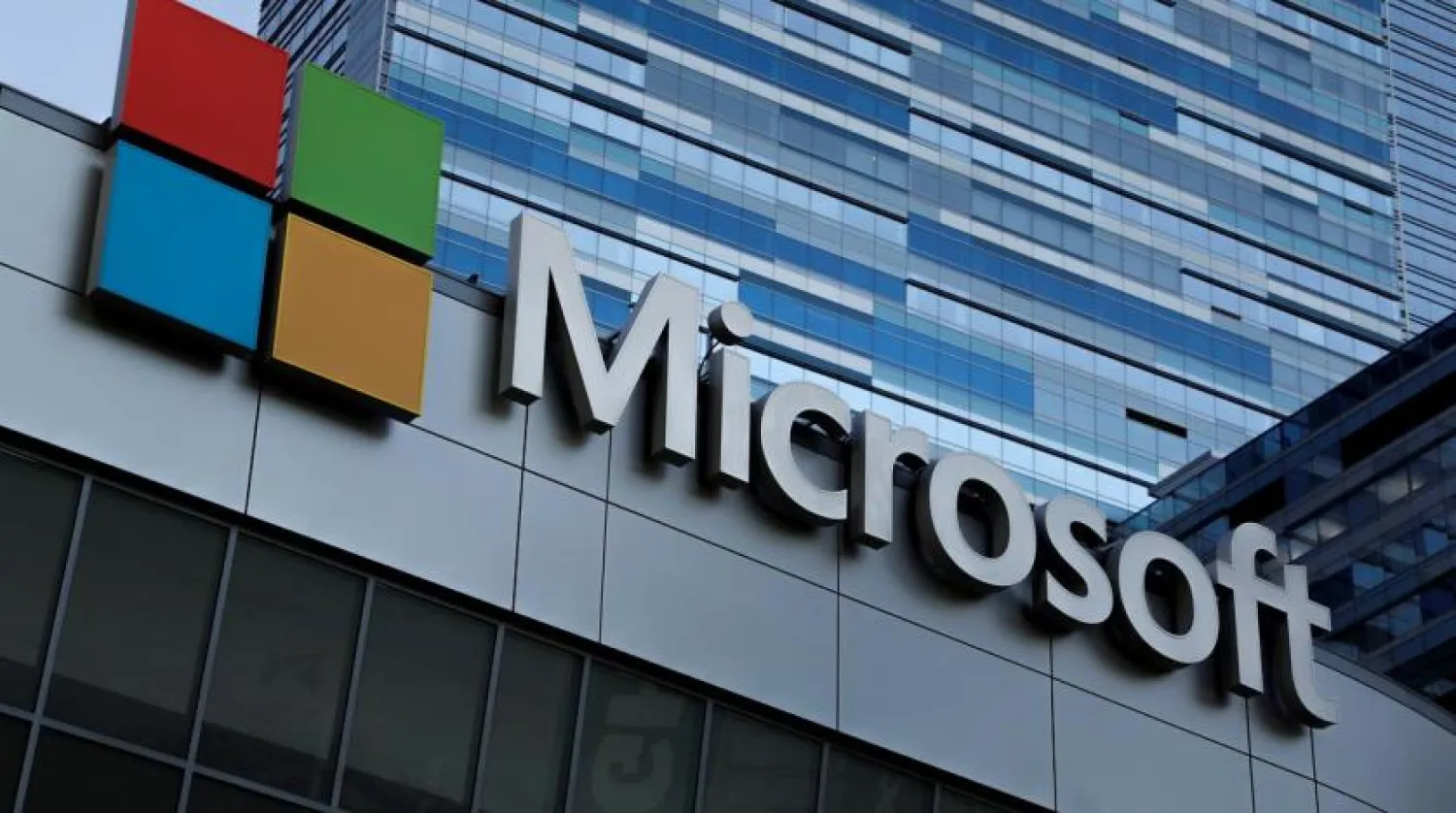Microsoft is readying to cut more positions from its global workforce as tech giants continue paring headcount to ride out rough economic conditions, according to media reports on Tuesday.
The computer industry stalwart could announce layoffs in its engineering divisions as early as Wednesday, Bloomberg News reported.
A Microsoft spokesperson told AFP that the company would not comment on what it referred to as "rumor."
The Washington state-based company, which industry trackers say has more than 220,000 workers, trimmed its ranks of employees twice last year.
A new layoff announcement would come a week before Microsoft is to report its earnings for the final three months of last year.
"Over the last few weeks we have seen significant headcount cut reduction from stalwarts Salesforce and Amazon," Wedbush analyst Dan Ives said in a note to investors.
Wedbush is expecting staff cuts of another 5 to 10 percent across the tech sector, Ives told investors.
"Many of these companies were spending money like 1980's Rock Stars and now need to reign in the expense controls ahead of a softer (macro-economic conditions)," Ives wrote.
Amazon announced in early January that it plans to cut more than 18,000 jobs from its workforce, citing "the uncertain economy" and the fact the online retail behemoth had "hired rapidly" during the pandemic.
The job-slashing plan is the largest among recent layoffs that have impacted the once-unassailable US tech sector, including at giants such as Facebook-owner Meta.
Some of the Amazon layoffs would be in Europe, CEO Andy Jassy in a statement to staff, adding that the impacted workers would be informed starting on Wednesday, January 18.
Major platforms with an advertising-based business model are facing budget cuts from advertisers, who are reducing expenses in the face of inflation.
Meta announced in November the loss of 11,000 jobs, or about 13 percent of its workforce. At the end of August, Snapchat let go about 20 percent of its employees, around 1,200 people.
And in early January, IT group Salesforce announced it was laying off around 10 percent of its employees, or just under 8,000 people
Twitter was bought in October by billionaire Elon Musk, who promptly fired about half of the social media platform's 7,500 employees.
An unknown number more resigned in protest of his policy changes.









